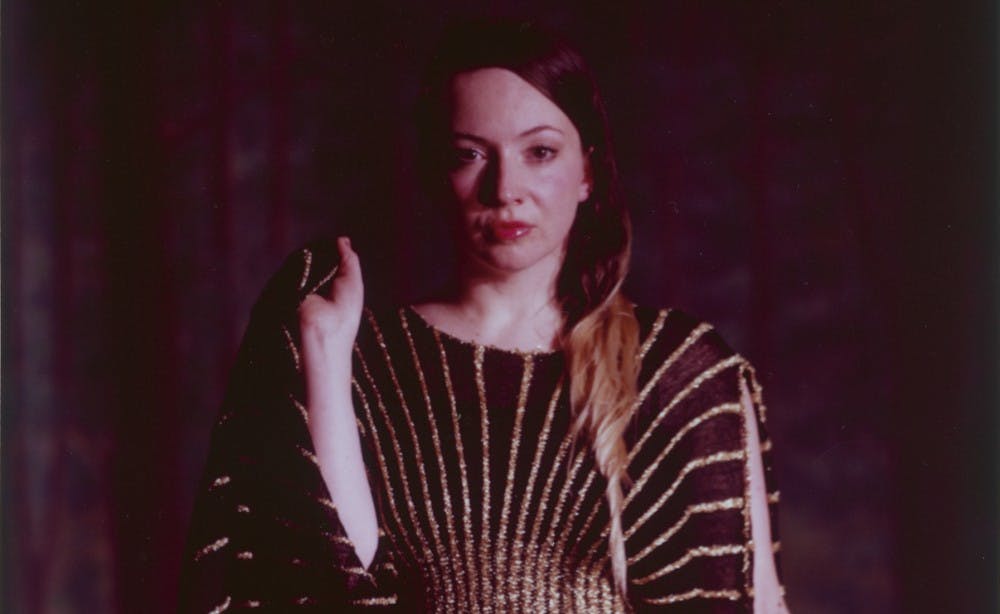Remembering what someone’s favorite song feels like is nearly impossible.
However, Lauren Hayes, an assistant professor at the School of Arts, Media and Engineering, aims to make the experience of music more physical.
“Experiencing music through touch, not just through the ears, but the body as well,” Hayes said.
Her current research involves haptic technology, which is technology based on the sense of touch. One of the goals of the research she is doing with Xin Luo, an assistant professor of speech and hearing science, is to improve music perception for people who have cochlear implants.
“We’ve been looking at how using touch-based technology can actually improve music perception for people with cochlear implants,” Hayes said.
Cochlear implants are surgically placed in the ear, and rather than making sounds louder like hearing aids, they stimulate a person’s cochlea in order to allow hearing, according to the North Carolina Self Help for Hard of Hearing People website.
“I’m looking at what did they miss about the sound of music, some miss hearing the birds, some miss playing music with other musicians,” Hayes said.
Cochlear implants are usually enough to understand spoken words, however, the tone of voice or pitch of conversation is lost. This research is attempting to enhance the experience of people who have cochlear implants.
Hayes said it's important for everyone to understand the research, not just those who are hard of hearing.
“Even though the research is based on a very specific group, it’s definitely something that I want everyone to experience and think about,” Hayes said. “You know when you go clubbing you can feel the bass at your feet, what if we become more aware of that?”
As an electronic music performer and someone who experiences music conventionally, Hayes gets to explore the various effects of music on people.
“It’s incredibly rewarding and I learn so much about my own work,” she said.
Xin Luo brings his background in hearing science to Hayes' research.
“When it comes to, for example, speech recognition and noise, or music perception specifically, implant users struggle a lot,” Luo said.
Both Luo and Hayes said they noticed the gap in cochlear implants.
"We talked about it and thought, maybe the haptic device would be a useful sensory aid to help implant users to get some pitch cues that they are missing in their electric hearing,” Luo said.
Luo said he appreciates to collaborative research environment that ASU offers.
“I like the culture at ASU, the collegiality in the department and also the emphasis on interdisciplinary collaboration and innovation, I think that’s very important for research,” Luo said. “The hearing research community here is making effort to improve the technology so that the deaf patients can enjoy life better and better.”
Isai Castelo, a sophomore studying digital culture with a focus in music, said he is familiar with cochlear implants and hearing research.
“Some artists have people that do sign language at their shows which is really cool, they’re giving a show to everyone,” Castelo said.
As someone who enjoys listening to music, Castelo said he has wondered how people who are deaf can experience sound the way others do.
He previously worked at the Speech and Hearing Clinic at ASU and became familiar with the community.
“I wouldn’t say that there’s a huge gap but there’s definitely some artists that don’t look into all of their audience,” Castelo said.
Reach the reporter at stefany.marquez@asu.edu or follow @stefmarz on Twitter
Like The State Press on Facebook and follow @statepress on Twitter.




